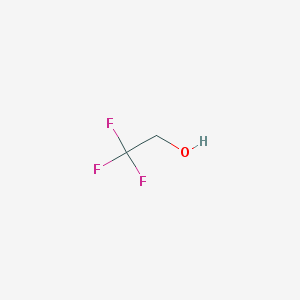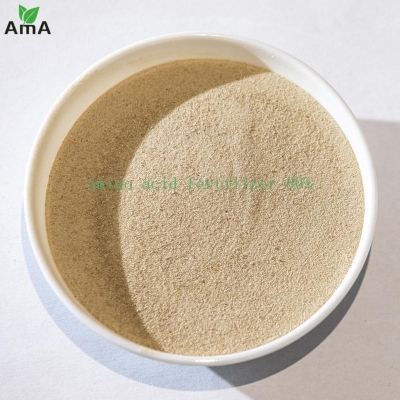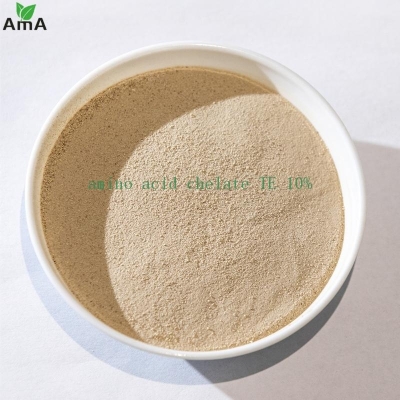-
Categories
-
Pharmaceutical Intermediates
-
Active Pharmaceutical Ingredients
-
Food Additives
- Industrial Coatings
- Agrochemicals
- Dyes and Pigments
- Surfactant
- Flavors and Fragrances
- Chemical Reagents
- Catalyst and Auxiliary
- Natural Products
- Inorganic Chemistry
-
Organic Chemistry
-
Biochemical Engineering
- Analytical Chemistry
- Cosmetic Ingredient
-
Pharmaceutical Intermediates
Promotion
ECHEMI Mall
Wholesale
Weekly Price
Exhibition
News
-
Trade Service
Recently, Roche-controlled Chugai Pharmaceutical Co.
, Ltd.
announced that it has submitted a new drug application for Faricimab to the Japanese Ministry of Health, Labour and Welfare (MHLW) for the treatment of diabetic macular edema (DME) and neovascular age-related macular degeneration (nAMD)
.
Diabetic macular edema (DME) is a complication of diabetic retinopathy (DR), which can severely cause blindness
.
DR is caused by damage to blood vessels and the formation of new blood vessels in the eye, causing blood and fluid to leak into the retina, which can cause swelling in certain parts of the retina and obstruction of blood supply
Neovascular age-related macular degeneration (nAMD), also called wet age-related macular degeneration, is one of the main types of age-related macular degeneration (AMD), accounting for 15% to 20% of all AMD patients, affecting approximately the world 20 million people are the main cause of blindness among people aged 60 and above
.
AMD is a chronic and progressive disease that affects the retina in the macular area and causes damage to central vision
Faricimab is a bispecific antibody designed for the eye
.
It can treat a variety of retinal diseases by blocking two pathways: Angiopoietin 2 (Ang-2) and Vascular Endothelial Growth Factor A (VEGF-A) .
The new drug application is based on the YOSEMITE and RHINE studies carried out in DME patients, and the TENAYA and LUCERNE studies carried out in nAMD patients
.
YOSEMITE and RHINE are two identical randomized, multi-center, double-blind global phase III studies, enrolling a total of 1891 DME patients (940 YOSEMITE and 951 RHINE)
.
In the study, patients were randomly assigned to 3 groups and received Faricimab 6.
In December 2020, Roche announced that the two studies of YOSEMITE and RHINE reached the primary endpoint: compared with the aflibercept (q8w) group, the two groups of patients treated with faricimab showed non-inferior visual benefits
.
In terms of secondary endpoints, more than half of the patients in the faricimab personalized administration group in the two studies maintained a 16-week interval between treatments in the first year
TENAYA and LUCERNE are also two identical randomized, multi-center, double-blind global phase III studies, enrolling a total of 1,329 nAMD patients (TENAYA 671 and LUCERNE 658).
The primary endpoint of the study is the best from baseline to week 48 Corrected visual acuity (BCVA) score
.
Both studies have 2 treatment groups: faricimab 6.
In January 2021, Roche announced that the two studies, TENAYA and LUCERNE, had reached their primary endpoints
.
The visual acuity results of patients who received faricimab injections every 16 weeks were not inferior to those who received aflibercept injections every 8 weeks
In terms of safety, faricimab was well tolerated in the above four studies, and no new safety signals appeared
.
As the first bispecific antibody against ophthalmic diseases reported for production, faricimab is expected to occupy a place in the ophthalmology field with its excellent efficacy and long dosing interval in the future
.
Anti-VEGF drugs are currently the first-line drugs for fundus vascular diseases such as DME and nAMD.
The currently approved ophthalmic anti-VEGF drugs include aflibercept, compacilcept, ranibizumab and brolucizumab, among which aflibercept and compaq Cipro is a fusion protein, and ranibizumab and brolucizumab are monospecific antibodies
.
In addition to the above-mentioned faricimab, which is a dual-target ophthalmic drug , Rongchang Bio and Innovent have also developed dual-target drugs RC28-E and IBI-302 for ophthalmic diseases
.
RC28-E is a VEGF/fibroblast growth factor (FGF) dual-target fusion protein, which can effectively slow down the growth of new blood vessels and slow down the progression of the disease by blocking the angiogenic factors in the VEGF and FGF family







